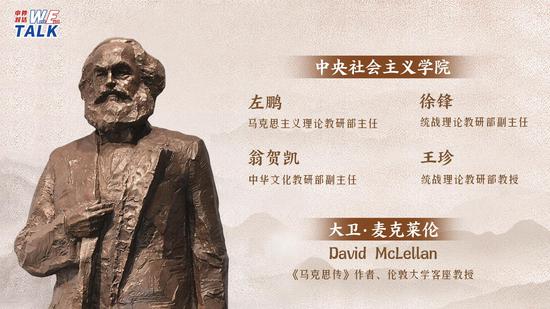
(ECNS) -- In a BBC poll in 1999, revolutionary writer Karl Marx was voted the greatest thinker of the millennium. What was the reason behind it? What are the characteristics of Marxism? How can Marxism help us understand the relationship between people, artificial intelligence, and the natural world?
Speakers at the latest W.E. Talk included David McLellan, author of Karl Marx: A Biography, fellow of Goldsmiths College, University of London, and four scholars at the Central Institute of Socialism - Zuo Peng, director of the Marxist Theory Department, Xu Feng, deputy director of the United Front Theory Department, Weng Hekai, deputy director of the Chinese Culture Department,and Wang Zhen, professor of the United Front Theory Department.
During the discussion, Chinese and foreign experts pointed out that in the history of human thought, Marxism has had a tremendous influence and evolved in practice. Zuo Peng noted that Marxism has creatively revealed the laws of human social development, which is called "a magnificent sunrise." Weng Hekai said that in the last decade or so, Chinese academics have been exploring the relationship between Marxism and Confucianism with increasing richness, especially the possibility of their convergence. McLellan said that Marx is an intellectual giant and if you are an academic and intelligent person, you'll necessarily almost be interested in what he has to say.
McLellan further noted that China may have an advantage when it comes to addressing the climate crisis and potential risks of artificial intelligence. Wang suggested that only by joining hands can global environmental issues be addressed. Xu said that there is a high probability that humankind is able to control AI as much as possible.
Here are the excerpts of the dialogue.
"If you are an intelligent person, you'll necessarily almost be interested in what Marx has to say."
China News Service: Karl Marx was once voted the greatest thinker of the millennium in a BBC poll. What do you think is the main reason, prof. McLellan?
McLellan:Marx is an intellectual giant and if you are an academic and intelligent person, you'll necessarily almost be interested in what he has to say. I think that recently, there's been more academic interest in Marxism, particularly, I mean certainly in the early years of this century, and possibly sparked even more by the financial collapse, almost collapse of the Western capitalism in 2008. So, more people have an interest in Marx.
And I think that as the world's problems develop, maybe more and more people think, "Well, maybe the Western approach to this basically free market capitalism isn't going to cope with these problems. Let's become more interested in Marx." And I think maybe Marxism has a decent future there.
Maybe ordinary people in the West have not really heard of Plato or Confucians. They don't know anything about this, but they've heard of Karl Marx.
And they think Marx must have been an important thinker because his thoughts have, to some extent, eventually in the creation of the Soviet Union and the People's Republic of China. They admire him for having a big influence on the world at large.
Zuo Peng:Indeed, in the history of human thought, no other theory has reached the heights of Marxism in terms of its scientific nature and influence. And no other doctrine has had such a broad and profound impact on the world.
Marxism has creatively revealed the laws of human social development and created a system of thought for the people to realize their own emancipation for the first time. It has been guiding people's actions to transform the world and developing with the changes in practice. That explains the reason why Marxism is called a "magnificent sunrise".
China News Service: In recent years, China has proposed to integrate the basic tenets of Marxism with fine traditional Chinese culture. How do you understand the relationship between Marxism and the traditional culture of various countries?
McLellan:What Marxism is saying is a doctrine, and historical materialism, which means all such cultures are part of the superstructure of society. And if you want to understand them, then you need to start with understanding the socioeconomic foundation on which these cultures together with other philosophies and so forth, are actually built.
What is the relationship between socialism and traditional culture? I think the answer to that is socialism is well capable of incorporating at least certain aspects of traditional consciousness into its system.
There are inevitably certain aspects of those cultures which are incompatible with socialism, but it is up to the people who are in charge of and making socialist societies to be able to discriminate between those elements of traditional culture which are may compatible with socialism and actually help socialism.
Weng Hekai:The fit between Marxism, socialism, and fine traditional Chinese culture is a classic and time-honored topic. The famous Chinese scholar Guo Moruo wrote an article in the mid-1920s entitled "Marx Enters the Temple of Confucius," in which he virtualized a dialogue between Confucius and Marx who transcended more than 2,000 years of space and time. Using this fictional dialogue, he refuted the fallacy of the old guard in Chinese society that Marxism was not suitable for China's national conditions.
In the West, many scholars hold similar views. For example, Joseph Needham, a famous British scholar, put forward the "Needham Question" on the Sinicization of Marxism in his later years.
In the past decade or so, Chinese academics have been exploring the relationship between Marxism and Confucianism with increasing richness, especially the possibility of their convergence.
"China has institutional advantages in dealing with the climate crisis"
China News Service: The concept of "Modernity" in the Western context often refers to some negative impacts brought about by Western-style modernization, such as wealth differentiation, social atomization, environmental pollution, etc. What do you think of modernization in general and Chinese modernization in particular?
McLellan:I think that the main shortcomings of the Western modernization are the ones which you have just outlined. There has been growing inequality in the Western societies. One of the really worrying things I think about my country (the UK) and the United States is the growing gap between the rich and the poor, which is bound to be, in the long run, extremely destructive to the social fabric of society and of decent political arrangements.
Another aspect is growing pollution and the climate crisis which we have at the moment worldwide. And the cause of this is the growing industrialization of the Western societies over the last 200 years and more. Clearly the benefits of modernization have, at the same time, been enormous. One thing is life expectancy.
At the moment, China also has to address the climate issue because it is one of the biggest economies in the world. China also will play a major part in this case.
I think that China has a good opportunity to do this. I think it has begun to do this with the number of electric cars, for example, that are produced. I think China is beginning to show the way in which climate change can actually be addressed. It is certainly in the best position to actually be able to meet the aim to limit global warming to 1.5°C.
Xu Feng:Western modernization has stimulated the progress of human civilization, but it has also catalyzed profound crises, such as the gap between the rich and poor. The United States is the most polarized Western country in terms of wealth distribution. Another example is the atomization of society, the isolation of the individual from the community.
At the same time, environmental pollution has emerged. In the process of modernization, most Western countries have been troubled by serious environmental crises, which not only cause serious pollution to their own ecological environments, but also bring about a series of severe global environmental problems.
In recent years, although the ecological environment of some Western countries has improved, this change has been propelled by the transfer of high-pollution and high-energy-consuming production capacity driven by capital, at the expense of the ecological environment of other countries. The global ecological and environmental problems caused by it have intensified, staving off or even hindering the process of global modernization.
Chinese modernization has created a new form of human civilization, mainly because it embodies the general law of the evolution of human civilization, strengthening the force of human civilization and progress. It is a way to realize the new form of human civilization.
China News Service: How should human beings manage their relationship with nature from the perspective of Marxism?
McLellan:I think the basic relationship between human beings and nature has been set out by Marx in his Economic and Philosophic Manuscripts of 1844. Now I think Marx, in his writings, is saying that human beings are actually a part of nature. What he is saying is that they should respect nature, its way of going about things, as well as nature's own essence and not try to verge all these things for their own benefit. He thinks if humans fail to do that, the results will only arrive at eventually environmental disaster of one sort or another.
Wang Zhen:Humans and nature interact in two-way manner and there is a law to this interaction. I would like to describe it with a Chinese saying, "Toss a peach, get back a plum." According to Marx, "Humans live from nature". When humans treat nature well, nature gifts humans. But "if humans, by dint of his knowledge and inventive genius, has subdued the forces of nature, the latter avenges itself upon him." "Let us not, however, flatter ourselves overmuch on account of our human conquest over nature. For each such conquest, nature takes its revenge on us." That's a quote from Engels.
So it's an irresistible law that the harm done by humankind to nature will eventually hurt humans themselves. To protect nature is to protect humankind and to build an ecological civilization is to benefit humankind.
In the face of the ecological and environmental crisis, humankind is a community of destiny that thrives on both prosperity and loss. So only by joining hands and transcending the boundaries of countries, ethnic groups, cultures and ideologies, and by promoting the building of a community of destiny for humankind, can we effectively address global environmental problems.
China is on the road to building an ecological civilization. It walks hard but with no regrets. There is a statistic that China is actively promoting large-scale land greening initiatives. From 2000 to 2017, China accounts for one-quarter of the total growth of global green leaf area, ranking first in the world in terms of contribution.
"China is better placed to cope with possible dangers of artificial intelligence"
China News Service: What inspiration does Marxism have for us to deal with the challenges posed by artificial intelligence?
McLellan:Clearly, the important thing is that the development of these machines should be done in the service of human beings and (human beings) are not subordinate to it. And in order for that to happen, it is necessary that the development of artificial intelligence be regulated. It's hopeless to try and regulate this at the moment in the United States because Americans don't believe in regulation. They don't believe in the state. But I mean, clearly a country like China is in a position to regulate it. I do think that China is better placed to cope with the dangers, the possible dangers, of artificial intelligence.
Xu Feng:Regarding the essential power of humankind, this is a concept often used in the Marxist view of history and theory of practice, which is the power of humankind to create freely according to objective laws and their own purposes. We often have a presupposition within us that human beings are the only subjects in this world who can recognize and transform the world. The biggest challenge posed by AI may be whether, in addition to humans, there will be an emergence of autonomous consciousness as a result of AI's autonomous learning. It is still controversial. There are a lot of standards and criteria as well as different opinions on these aspects.
But in general, there is still a high probability that humankind will be able to control AI as much as possible, make it work for us and prevent it from going rapidly into the direction of alienation and dissimulation. Science and technology are not good or evil in themselves. The questions include who will use it, who will master it, and what to do with it.








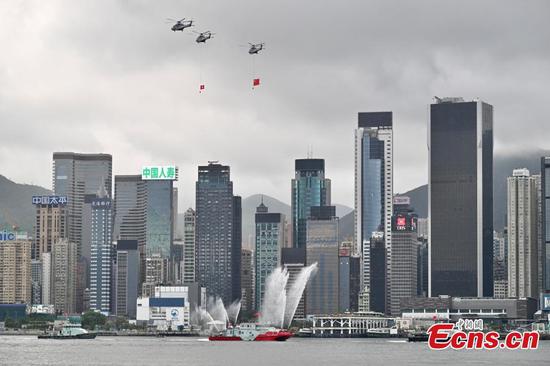
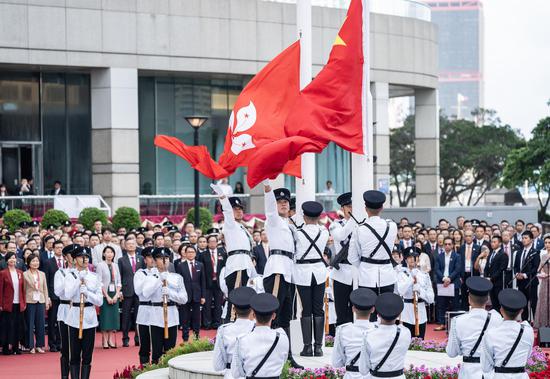

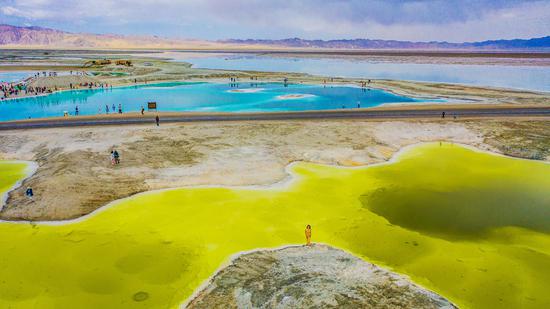
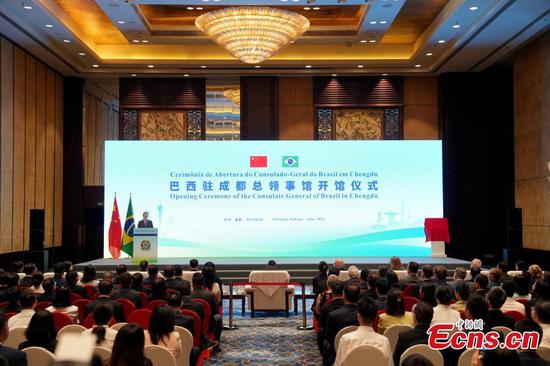
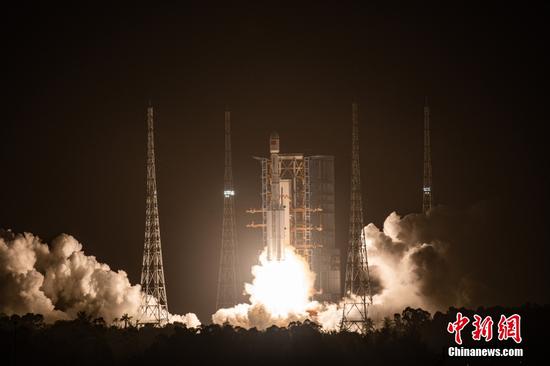
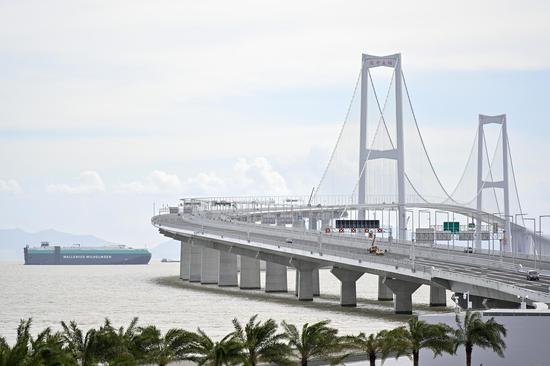
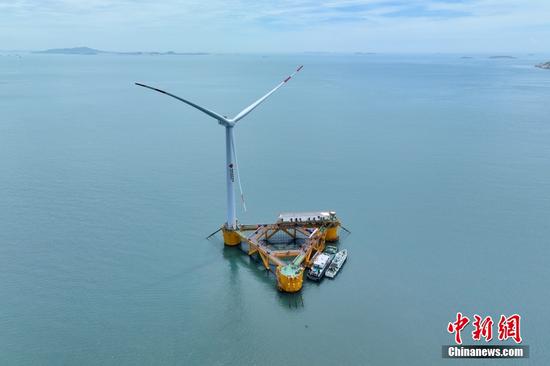
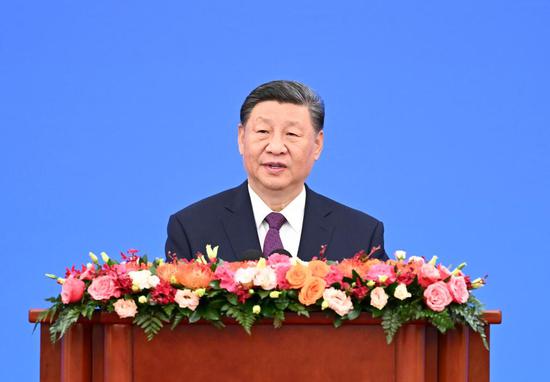
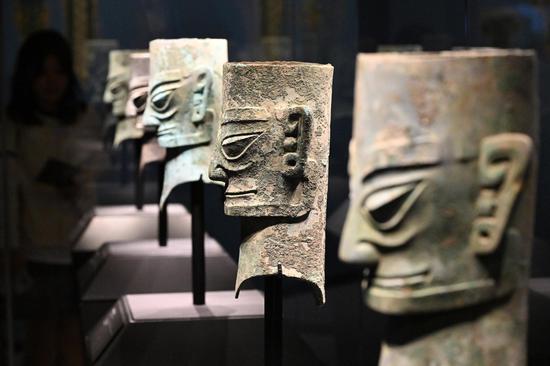
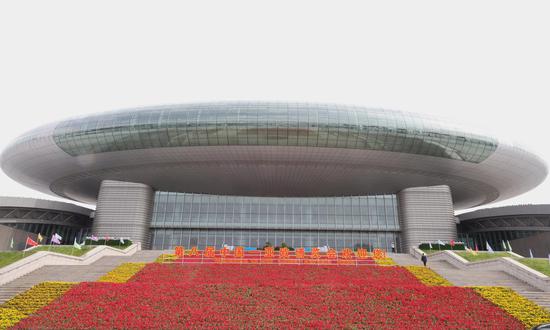


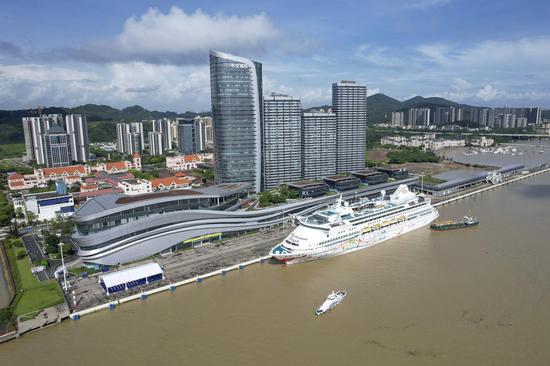
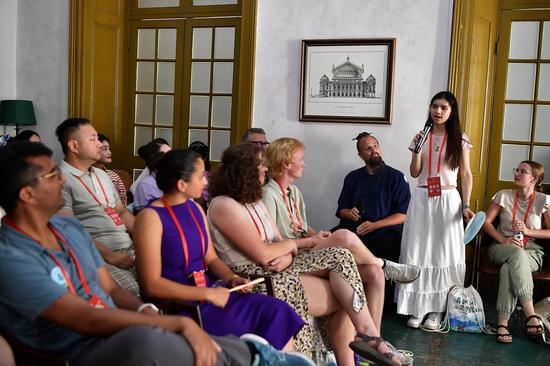
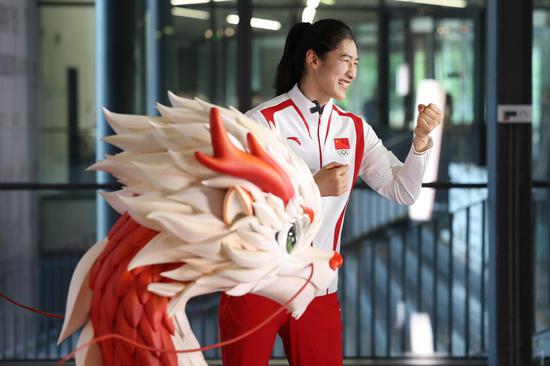

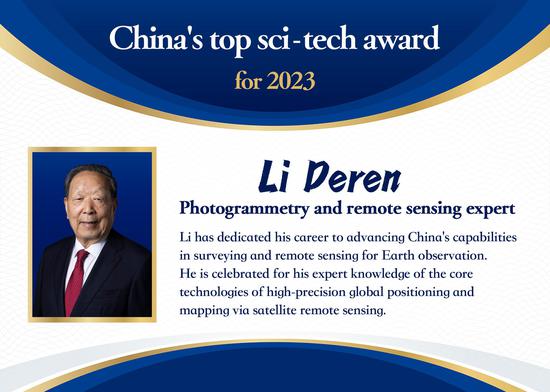
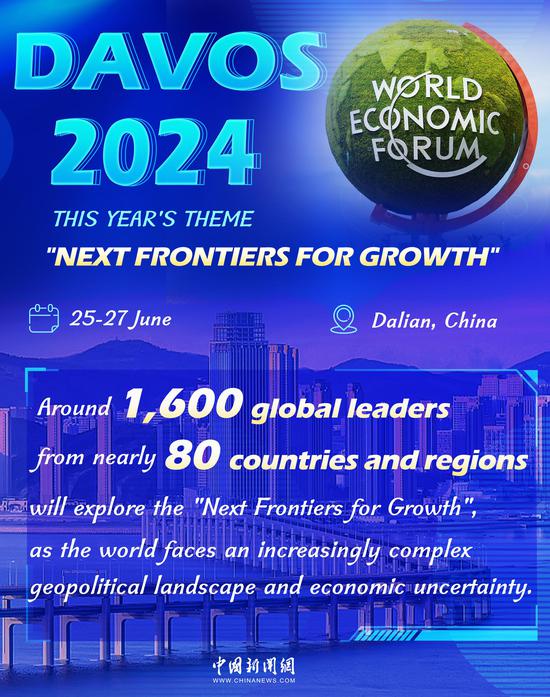
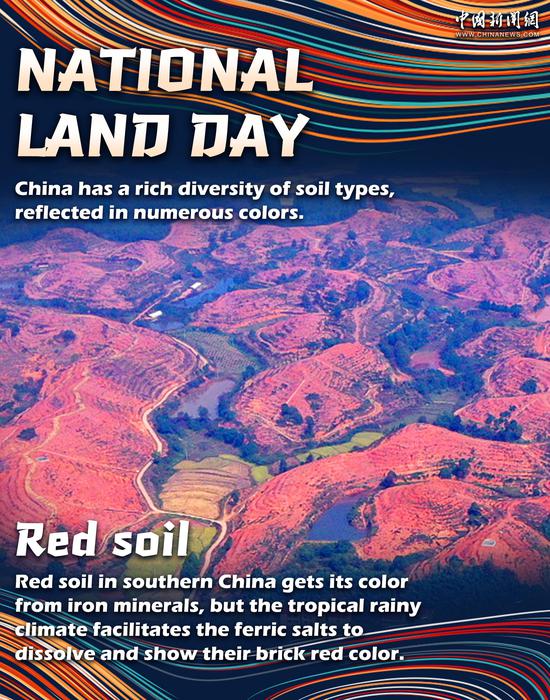
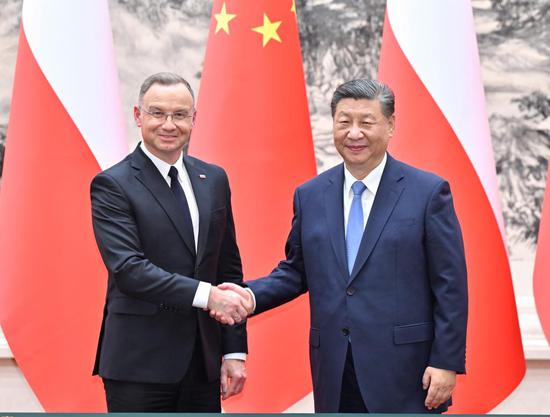



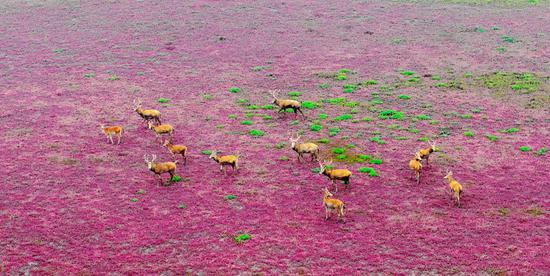
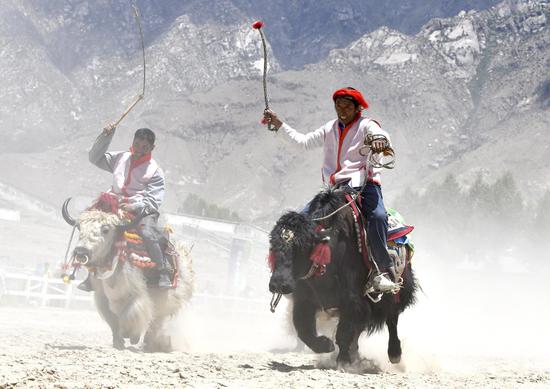
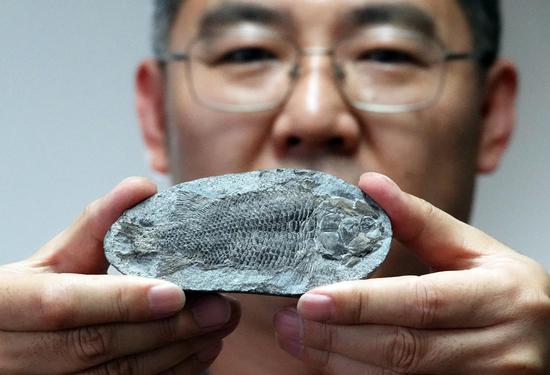
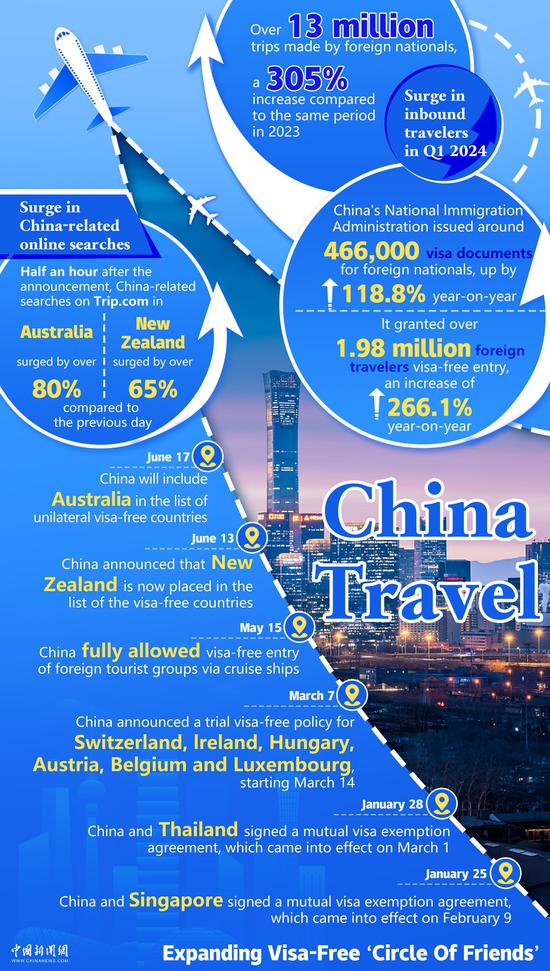



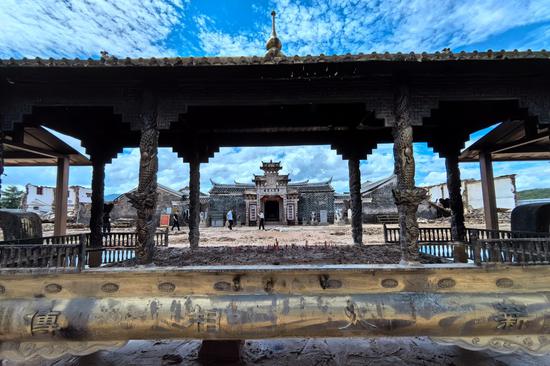
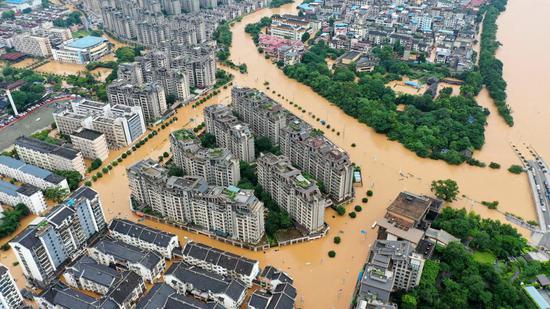
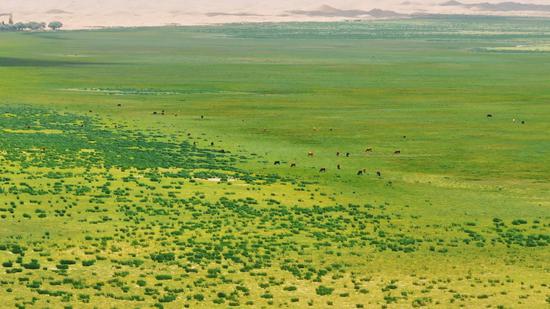
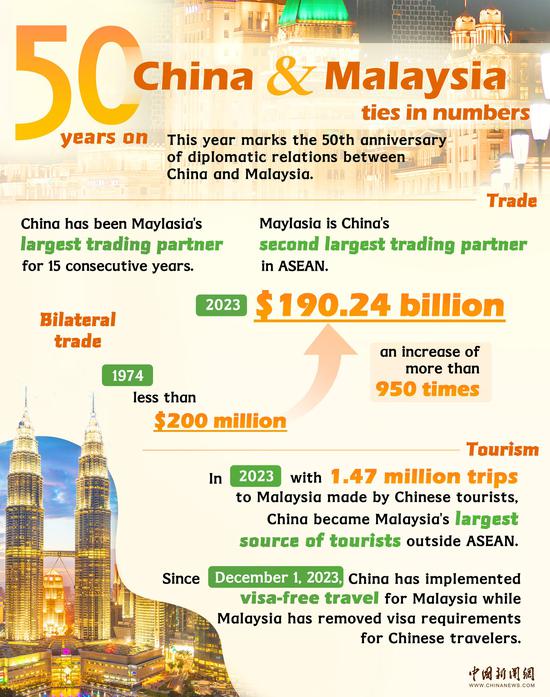

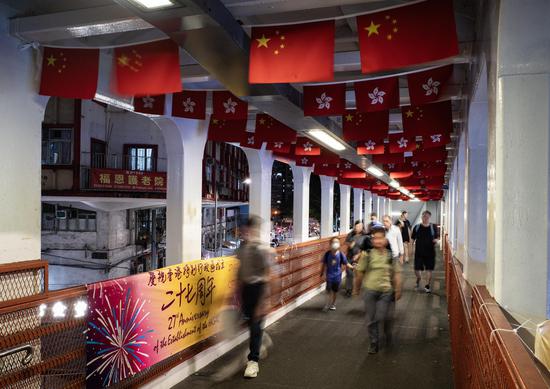

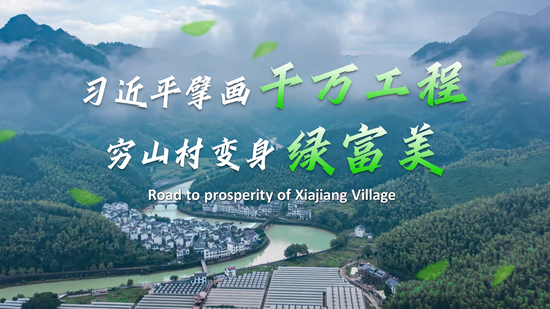



 Kinh công võng an bị 11010202009201 hào
Kinh công võng an bị 11010202009201 hào